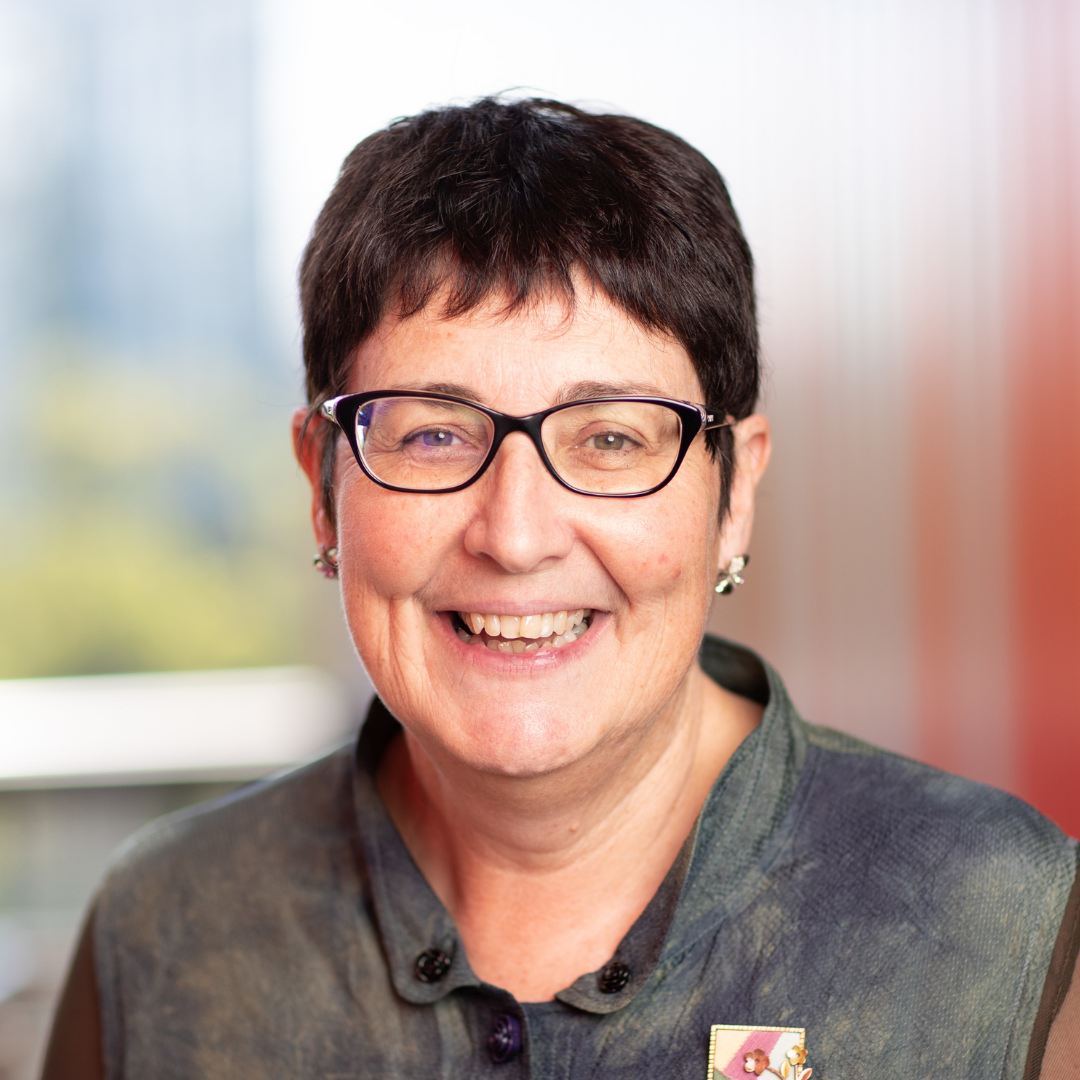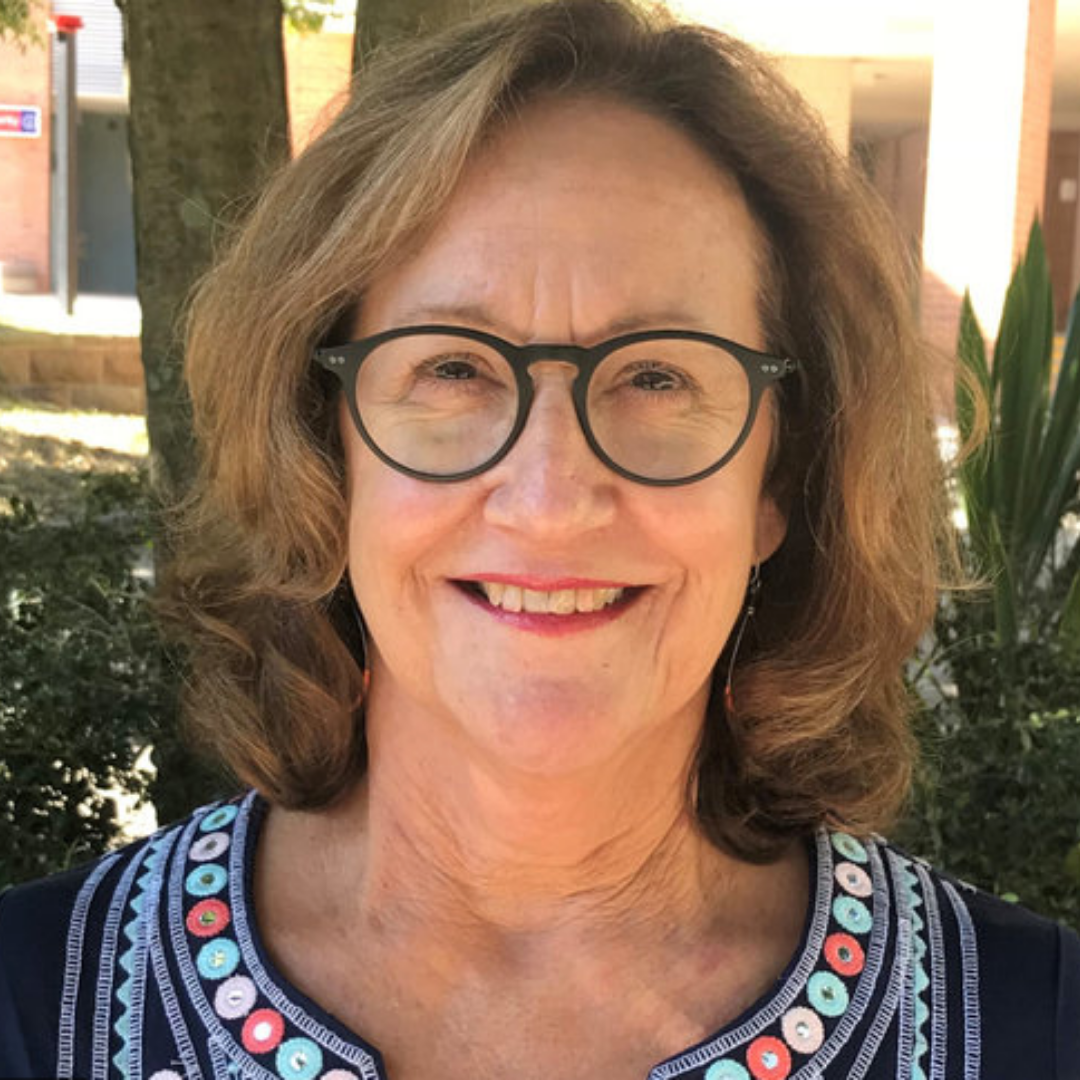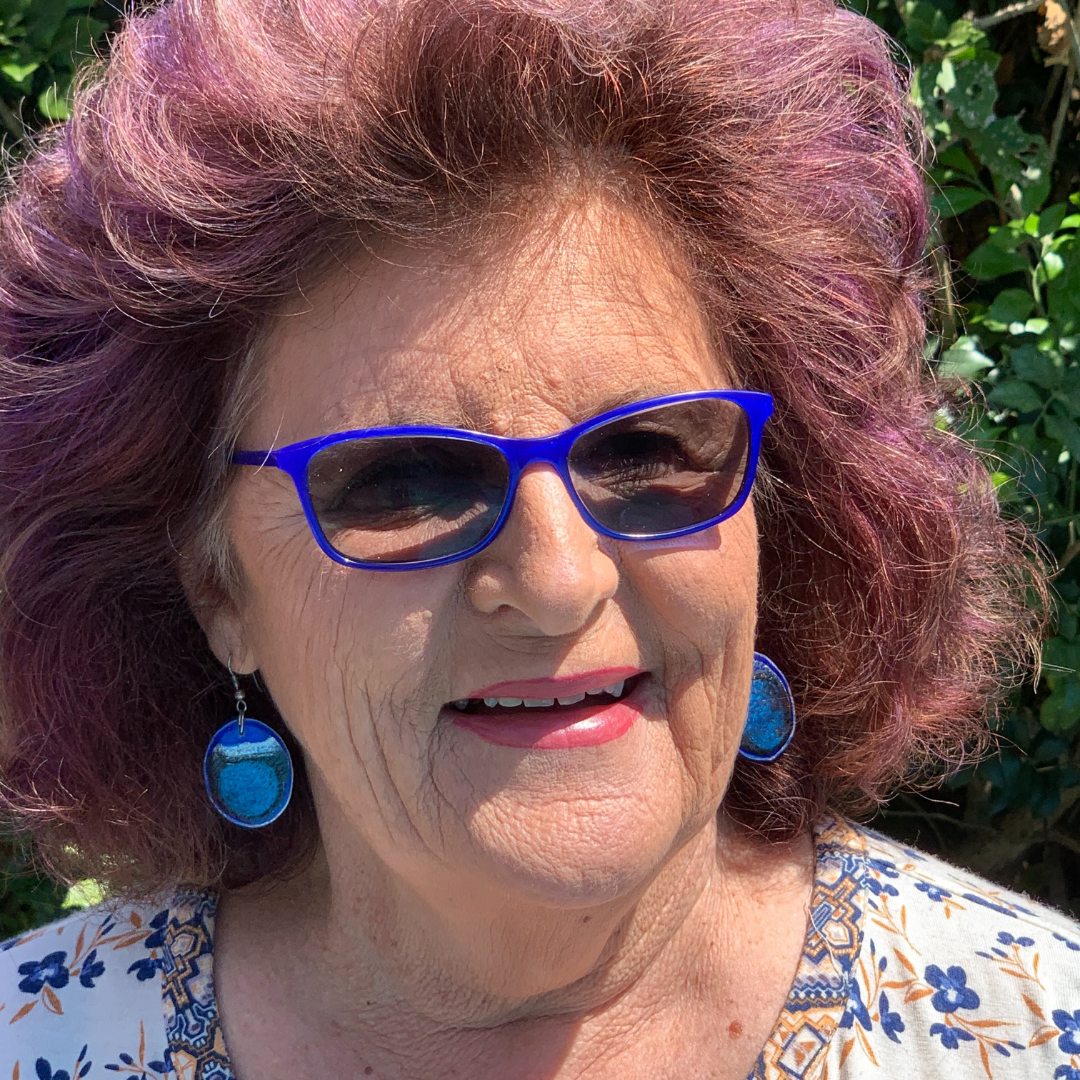When children are passionate, they offer up opinions on things that matter to them. Perhaps nowhere have we seen this displayed more prominently than with Greta Thunberg. When she sat herself down on the footpath outside the Swedish parliament in the summer of 2018 to commence her strike for climate action, Greta was voicing her opinion loud and clear. It was a voice, both articulate and bold, that kick started the biggest climate demonstrations the world has ever seen. The debate that raged afterwards, about the role of children in society and how they should, or shouldn’t, interact with the adult world, swung from overwhelming support to vicious damnation. What remained at the centre of it all was a resolute child and her conviction.
Of course, children and young people have always communicated and interacted with adults. But the goal posts are shifting, and a deeper appreciation of how these interactions play out in a connected and complex world is needed by all, especially in our working lives. An understanding of how to communicate with those not yet classified as an adult is increasingly a skill one needs to have. Many professionals, including those in health, education, law and wider community services need skills to talk with and listen to young people in a meaningful way.
Historically, children have been seen as passive recipients of adults' actions, without the capacity to give an informed opinion (James, 2011; Punch, 2001). Children’s subordinate position in society has made it difficult for children to influence change in how society views, listens, and responds to them as individuals and as a social group. However, there has been a shift in thinking for professionals and practitioners towards understanding children’s perspectives. To better understand children’s circumstances, you need to be sensitive to how they view the circumstances themselves, rather than only from the adult’s perspective. This shift in thinking positions children’s perspectives as important to everyday activities. To achieve this, we need to give children opportunities to express their view and to be heard, and we need to use techniques which give children and young people the opportunity to have meaningful conversations with adults. Here are some things to think about:
Build relationships
Secure relationships and attachment in the early years and beyond is critical to interactions with children and young people. It’s important for professionals and practitioners to understand the neurodevelopment (Perry, 2012) and attachment theories that describe how to build secure relationships. It requires time to spend ‘going alongside’ children in their everyday lives (Boddy, 2011) with the adult not viewing themselves as more superior in the communication process.
Talking and Listening
Listening is crucial in building respectful relationships between children and adults. In particular, generative listening, which is defined as listening to oneself, listening to others and, listening to what emerges (Scharmer, 2009). It means that in conversations between children and adults there is the intention to make meaning together. So, as adults are listening and talking, they are mindful of interpreting and co-constructing meanings about the content of the conversations with children. Understanding talking and listening in this way provides children with an environment where they will feel confident and safe to express themselves.
Trust
When trust is established between a child and an adult it promotes deeper conversations, as the children are more willing to open up to them. Adults are able to get to know the child better and understand who the child is and what the child knows. Some of the ways to build trust include getting to know each child, making sure there are safe spaces for conversations to take place, opportunities for play, and the adult’s opportunities and skills in having open and honest dialogue with children. Adults can show trust in children allowing them to perform tasks, thereby positioning children as capable and competent. When children are given responsibility, there is a feeling of empowerment for the child; presenting them with the notion that the adult sees them as capable and willing to treat them equitably. Children trust adults to help them know how to be successful in their everyday lives.
Respect
Children are more likely to talk with adults who are willing to treat them nicely and fairly. Children respect adults that are willing to share information with them, notice what is going on for them and solving problems with them as opposed to for them. Adults must be aware of the power differential between children and adults and work towards empowerment rather than imposing rules to manage children's behaviour.
Safe Spaces
Adults need to create spaces where children feel safe. A safe space is a place where children can be themselves and where they can be accepted for who they are. It is also a space where children and young people are given opportunities to experience a sense of belonging. Safe spaces for both adults and children are identified as one of the most important conditions for building trust between them.
Play and Playful Behaviours
Play is considered as an essential component and a right (see United Nations Convention on the Rights of the Child, 1989) in the everyday lives of children. Building trust is not only about talking with and listening to children but is also about engaging in everyday activities with children as a way of getting to know them and promoting dialogue with and between them. When adults use play and playful behaviours to interact with children, they will find that the children relate to them better. Children express their pleasure in playing and like their interactions with the adults who play with them. Play can be a tool used with children in order to get to know them and to build trust with them. It shifts thinking about the space that children occupy with adults from an adult-directed space to a child-directed space.
Consulting with children and young people does not always happen easily. Adults need a new level of self-awareness so they can realistically evaluate how they communicate with children and young people. Because the young people are speaking to us, louder than ever before. Speaking to the World Economic Forum in Davos, 2019, Greta Thunberg put it plainly;
Adults keep saying we owe it to the young people, to give them hope, but I don’t want your hope. I don’t want you to be hopeful. I want you to panic. I want you to feel the fear I feel every day. I want you to act. I want you to act as you would in a crisis. I want you to act as if the house is on fire, because it is.
This is serious business. Perhaps the most serious business of all. Working alongside children and young people is more than a one-off process. The grown-ups in the room need to take the time to build relationships that are based on trust and respect. Not all children will speak as Greta does, and you may not work at Davos, but no matter what context we find ourselves in with young people, all children should feel safe to open up and have conversations about what matters to them.
References
Cartmel J, Casley M., and Smith, K. (2020). Talking Circles In Health and wellbeing in childhood. Editors: Susanne Garvis & Donna Pendergast. (Chapter 17 - 298-312). Cambridge University Press, Australia
James, A. (2011). Agency. In J. Qvortrup, W. A. Corsaro, & M. Honig (Eds.), The Palgrave handbook of childhood studies (pp. 34-45). London: Palgrave Macmillan.
Perry, B. (2013). Bonding and attachment in maltreated children: Consequences of emotional neglect in childhood. The Childhood Academy.
Punch, S. (2001). Negotiating autonomy: Childhoods in rural Bolivia. In L. Alanen, & B. Mayall (Eds.), Conceptualizing child-adult relations (pp.23-36).
London: RoutledgeFalmer.
Scharmer, O. (2009). U theory. San Francisco: Berret-Koehler Publishers Inc.

Dr Jennifer Cartmel
School of Human Services and Social Work
Jennifer Cartmel is a senior lecturer in the School of Human Services and Social Work. She has been involved in a wide range of research projects focussing on children’s social and emotional learning.and the workforce in children's services including child care settings and human service organisations. Her research interests include the role of critical reflection in the development of professional competencies, the interaction between educators and children in group settings, intergenerational practice and the many facets of outside school hours care services.

Dr Marilyn Casley
School of Human Services and Social Work
Dr Marilyn Casley is a Lecturer in Child and Family Studies in the School of Human Services and Social Work. Marilyn has experience teaching in the Bachelor of Child, Youth and Family Practice and extensive practice experience working in children’s services, and providing professional development for practitioners. Marilyn’s research interests focus around listening to children’s voice for the purpose of increasing their opportunities for participation on matters that affect them.
Mrs Kerry Smith
School of Human Services and Social Work
Mrs Kerry Smith is a Lecturer in the School of Human Services and Social Work, Griffith University. She has extensive experience in the field of children’s services including managing and owning a School Age Care Service, Family Day care Service and experience in adult learning, teaching, researching. She has also delivered social, emotional learning programs to Early Childhood Practitioners throughout Queensland. Her areas of expertise are childhood studies, and professional development for children’s services.
Advance your career with Griffith Professional
Griffith's new range of stackable professional courses designed to quickly upskill you for the future economy.
Professional Learning Hub
Our tailored professional learning focuses on the issues that are important to you and your team. Bringing together the expertise of Griffith University’s academics and research centres, our professional learning is designed to deliver creative solutions for the workplace of tomorrow. Whether you are looking for opportunities for yourself, or your team we have you covered.
